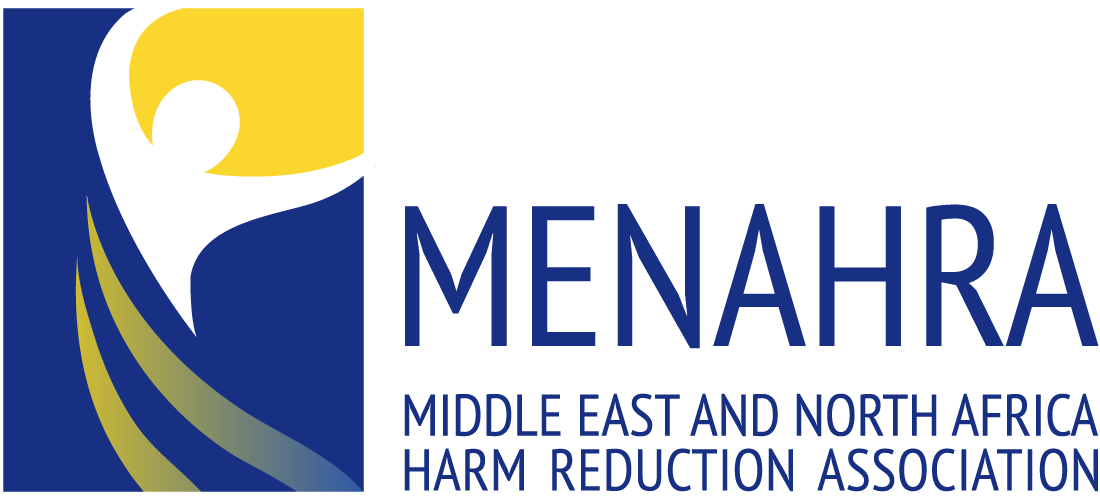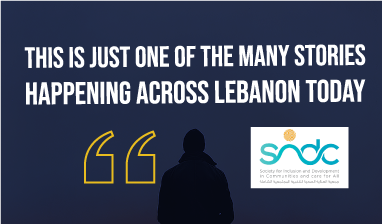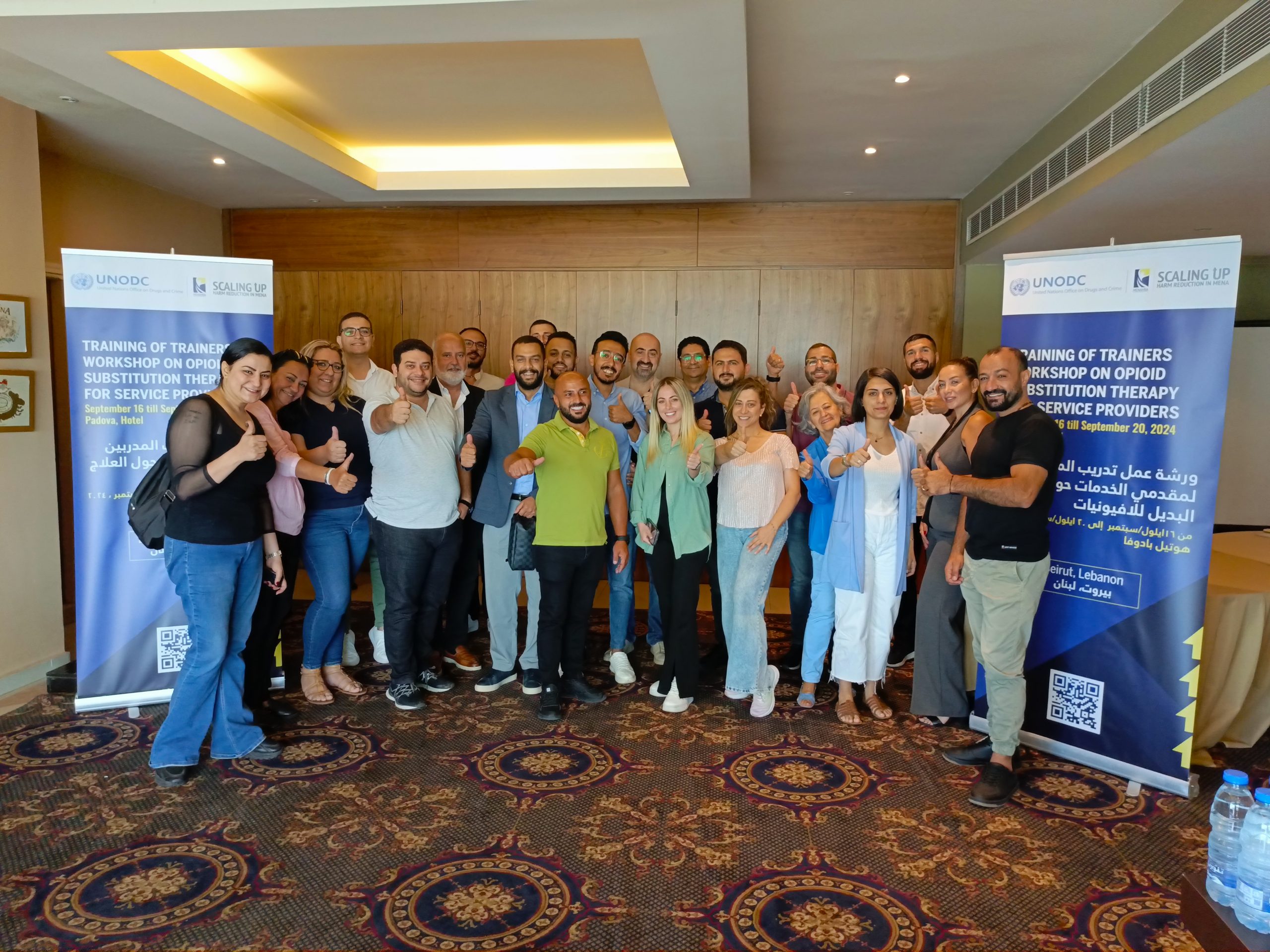Beirut, Lebanon, June 26, 2012 – The Middle East and North Africa Harm Reduction Association would like to expressly congratulate all MENA countries taking part in implementing harm reduction in addition to drug use prevention work.
Based on over 200 studies conducted globally, compelling evidence has shown that access to and use of sterile injecting equipment by injecting drug users (IDUs) substantially reduces HIV incidence and transmission rates. As a result of Needles and Syringes Programmes (NSP), which are one of the harm reduction interventions, the HIV infection rate among IDUs has decreased by 18.6% annually in 36 cities with NSP, while increasing by an average of about 8.1% annually in 67 cities lacking NSP.
Opioid Substitution Treatment (OST), another harm reduction intervention, is available in 58 countries globally, and has proved more effective in retaining drug users in treatment than detoxification.
Studies have also shown that the implementation of harm reduction approaches reduces overdose rates, and minimises the occurrence of dangerous behaviour (like sharing needles) that puts IDUs at risk of HIV, Hepatitis B and C, and other blood-borne and/or sexually transmitted infections (STIs).
MENAHRA emphasises that it does not condone drug use, and that the provision of needles and syringes is not to be viewed as enabling or supporting substance abuse. Rather, providing clean equipment acts to reduce the harms associated with drug use, to ensure the safety of IDUs up until they take the decision to end their drug habits.
Noteworthy to mention is that harm reduction work makes available clean utensils and harm reduction kits, and simultaneously provides opioid substitution treatment (OST) and follow-up to ensure that the IDUs integrate within their societies with the least repercussions possible.
A drug user is not a criminal, but rather, a person suffering of a disease. Based on the United Nations Declaration of Human Rights, this implies that drug users must not be discriminated against, and they should thus be free to make their voices heard and benefit from all their civil rights, during or after their period of drug use. That said, MENAHRA strongly urges policymakers and religious leaders to support the rights of drug users to treatment and integration into their surroundings. Positive acceptance will affect society’s acceptance of drug users and their rights. MENAHRA also calls for the allocation of more governmental funds towards the implementation of harm reduction.






